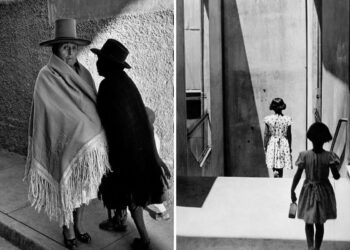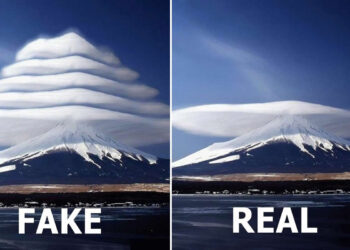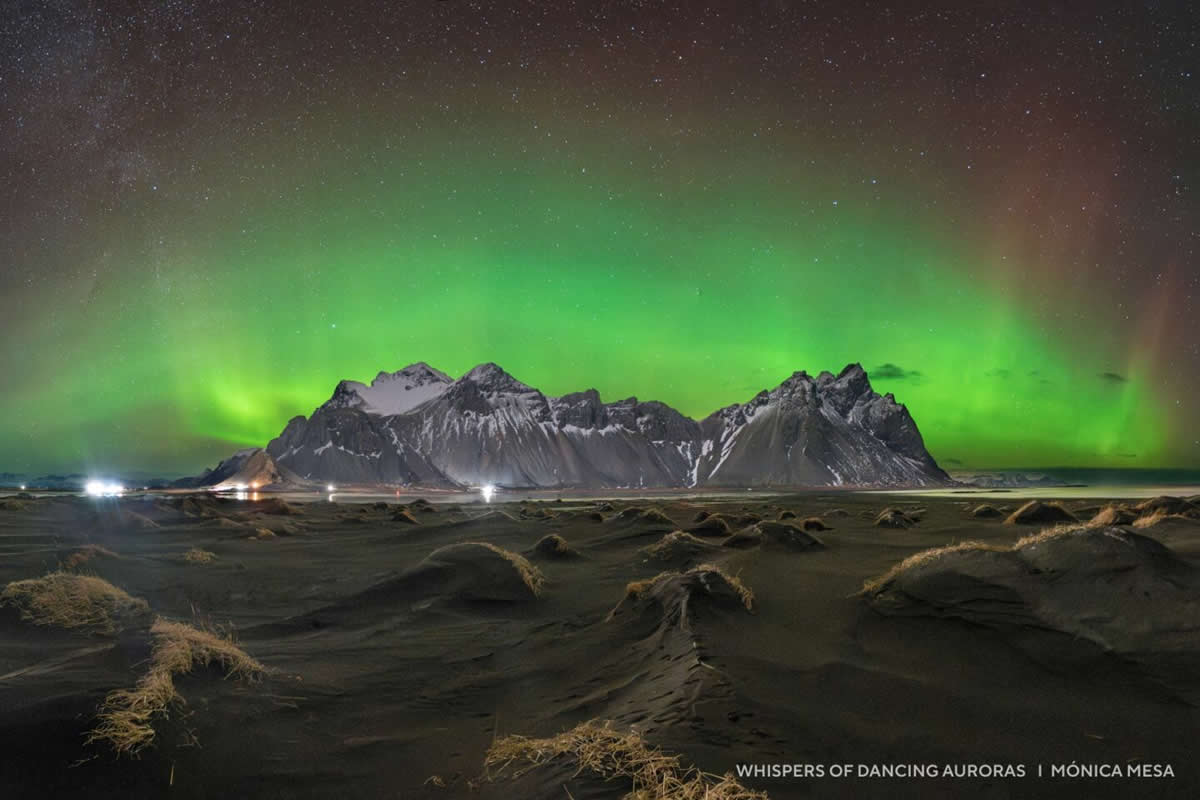Black and white photography holds a special place in the history of art and visual storytelling. Long before the arrival of color, photographers used light, shadow, and composition to translate the complexities of life into powerful monochrome images. Stripped of color, these photographs reveal something deeper—timeless emotions, human struggles, and fleeting beauty that transcend eras. The genius of the masters of black and white photography lies not only in their technical skill but also in their ability to turn everyday life into visual poetry.
![]()
Photo by: Constantine Manos
From the bustling streets of early 20th-century cities to the quiet intimacy of rural life, black and white photography captured a world in transition. These iconic images offer more than documentary value; they reflect artistry, discipline, and a profound understanding of framing. Master photographers such as Henri Cartier-Bresson, Dorothea Lange, Ansel Adams, and Sebastião Salgado turned the camera into a storyteller’s tool, transforming the ordinary into the extraordinary.
Film photography, with its deliberate pace, taught patience and vision. Every frame counted, forcing photographers to observe carefully and compose with intention. The lack of color shifted the focus to texture, contrast, and balance, allowing light itself to become the subject. Black and white photography became not just a medium but a philosophy—an art form that revealed life’s essence in its rawest form.
This collection of 35 iconic photos celebrates the legacy of those masters who pioneered the craft and continue to inspire generations. From documenting history to exploring the art of framing and the subtleties of human expression, these images remind us that black and white photography is more than nostalgia—it is a timeless language of vision, composition, and emotion.
#1
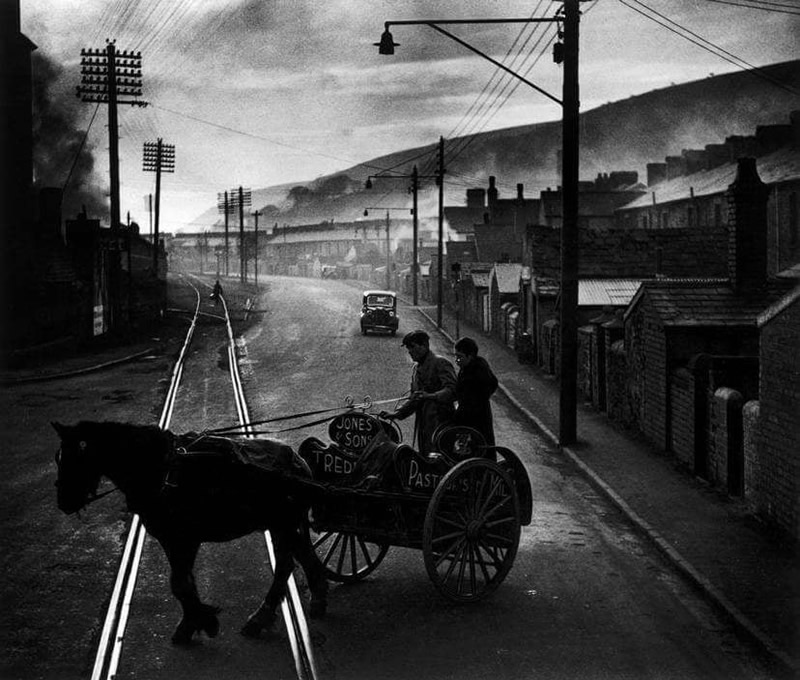
Photo By: W. Eugene Smith
#2
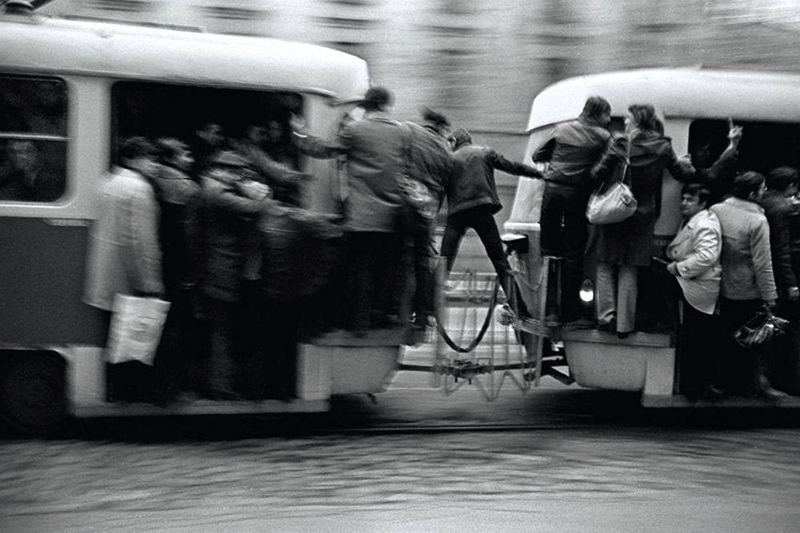
Photo By: Andrei Pandele
#3
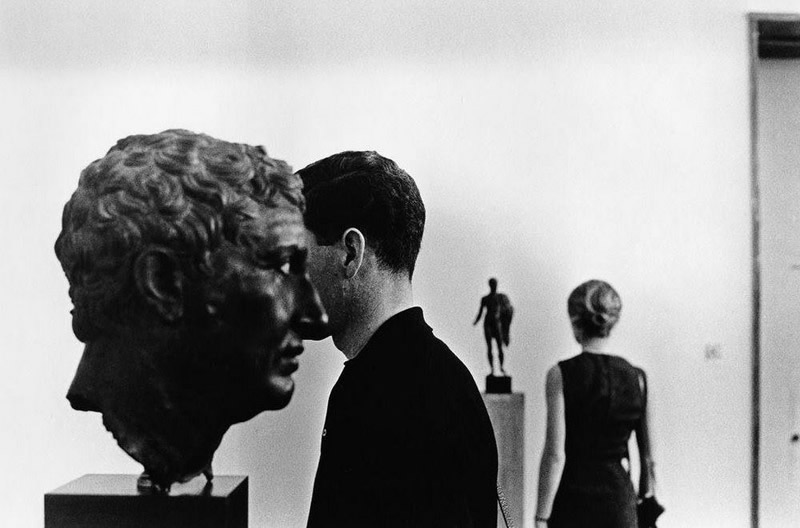
Photo By: Elliott Erwitt
#4
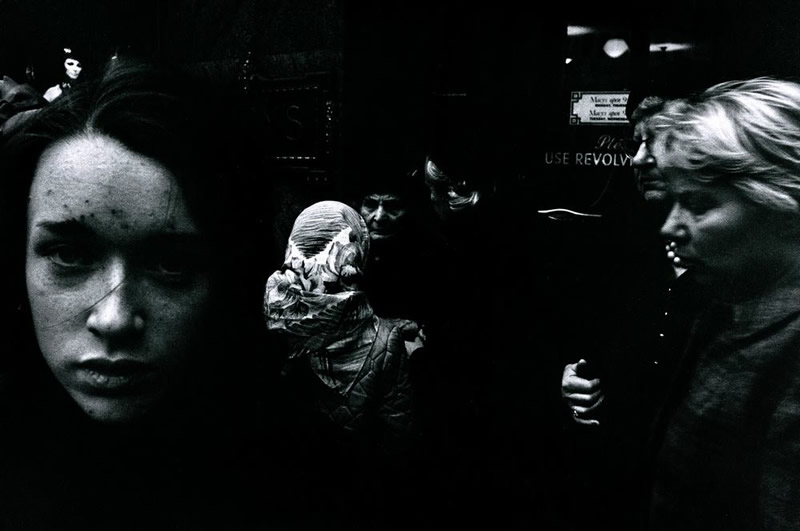
Photo By: William Klein
The Legacy of Master Photographers
The foundation of black and white photography rests on the genius of master photographers who elevated the medium into fine art. Figures such as Henri Cartier-Bresson and Ansel Adams are celebrated for their vision, patience, and precision. Cartier-Bresson introduced the idea of the “decisive moment,” capturing fleeting expressions and movements that revealed profound truths about human life.
Adams, on the other hand, mastered landscapes, using light and tonal range to bring the natural world to life with unmatched clarity. These masters shaped photography into more than documentation; they used it as a visual language of expression. Their works continue to inspire new generations, proving that black and white imagery transcends time and technology, speaking directly to the human spirit with honesty and depth.
#5
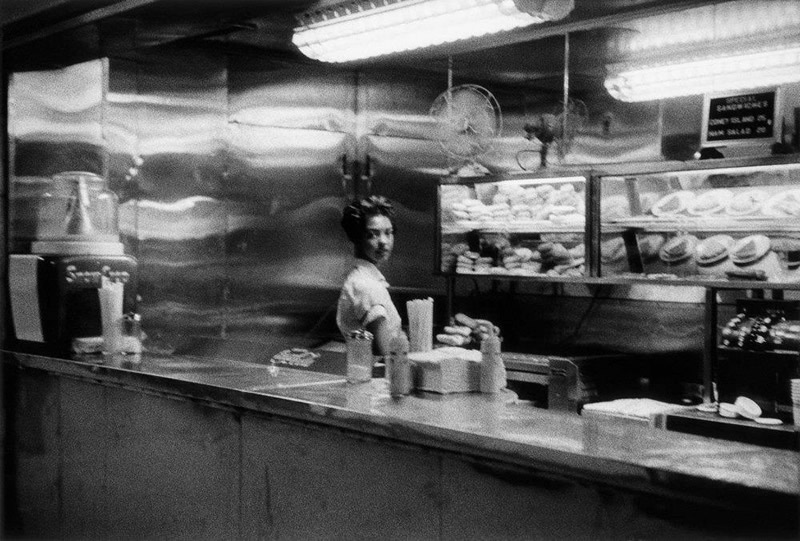
Photo By: Robert Frank
#6
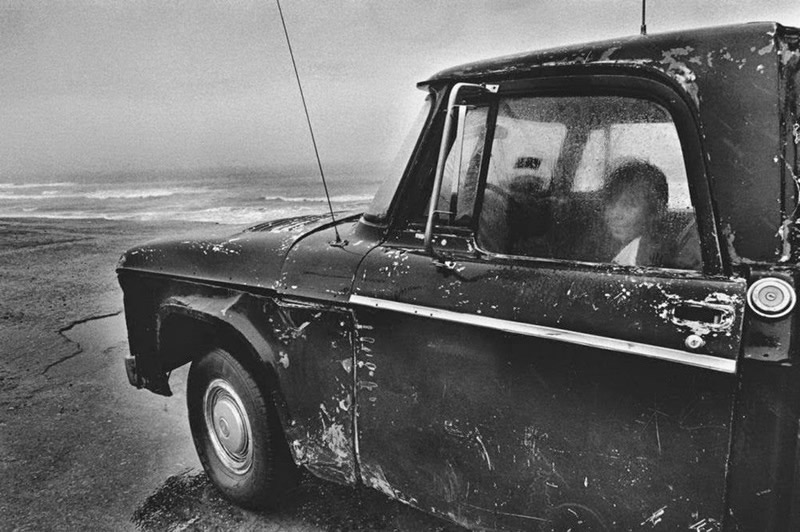
Photo By: Elsa Medina
#6

Photo By: Marc Riboud
#7
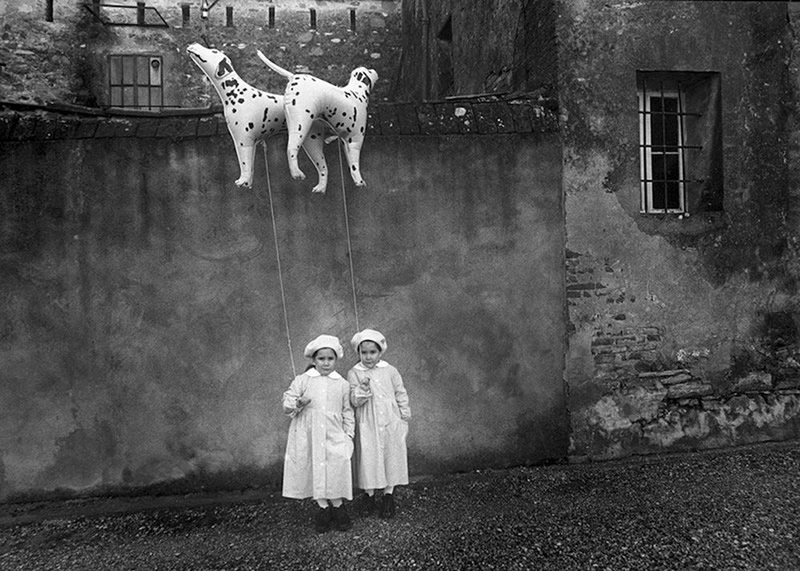
Photo By: Mario Lasalandra
#8
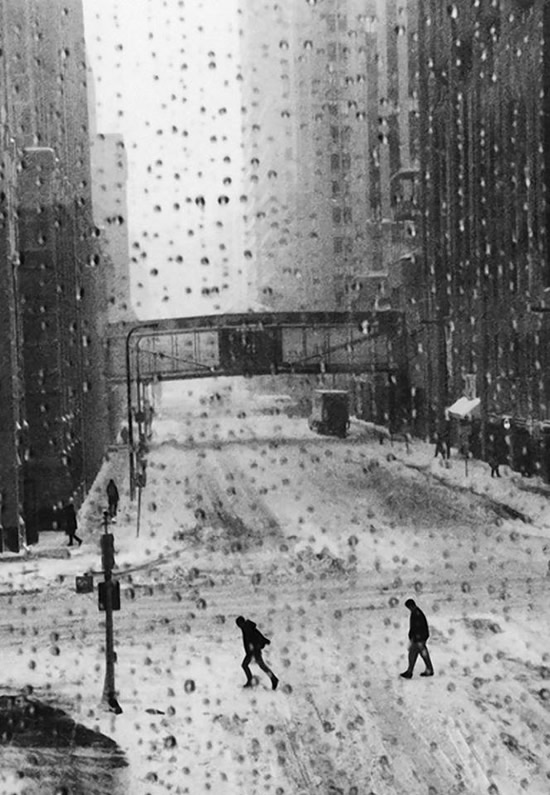
Photo By: Marc Riboud
Early Black and White Photography and Daily Life
In its earliest years, black and white photography offered a groundbreaking way to document the world. From 19th-century portraits to candid scenes of urban life, these images revealed the realities of daily existence. They captured workers in bustling factories, families gathered at home, and city streets filled with both hardship and joy. Without the distraction of color, photographers highlighted gestures, clothing, and facial expressions that spoke volumes about culture and society.
These early photographs serve as visual archives, preserving history while also emphasizing human resilience. They remind us that the art of black and white was rooted in truth, presenting the ordinary with extraordinary dignity. Every image of daily life became a testimony to the beauty and struggles of people across time.
#9
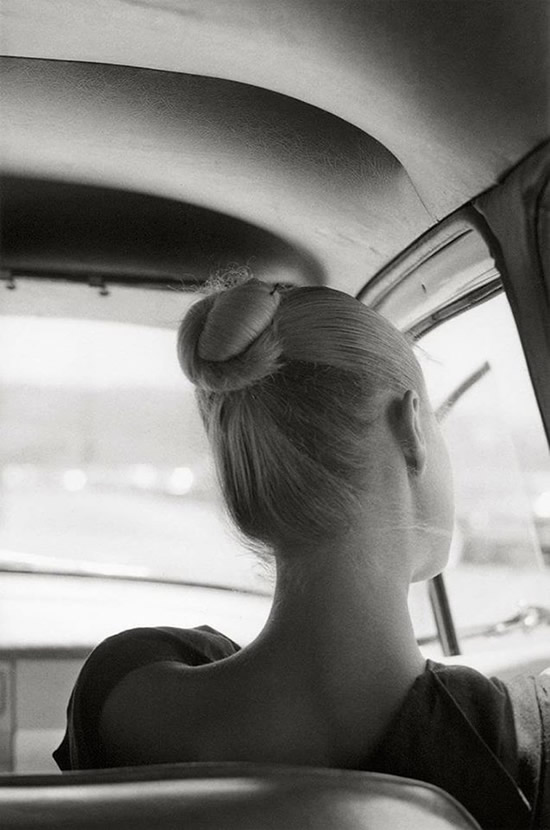
Photo By: Bernard Plossu
#10
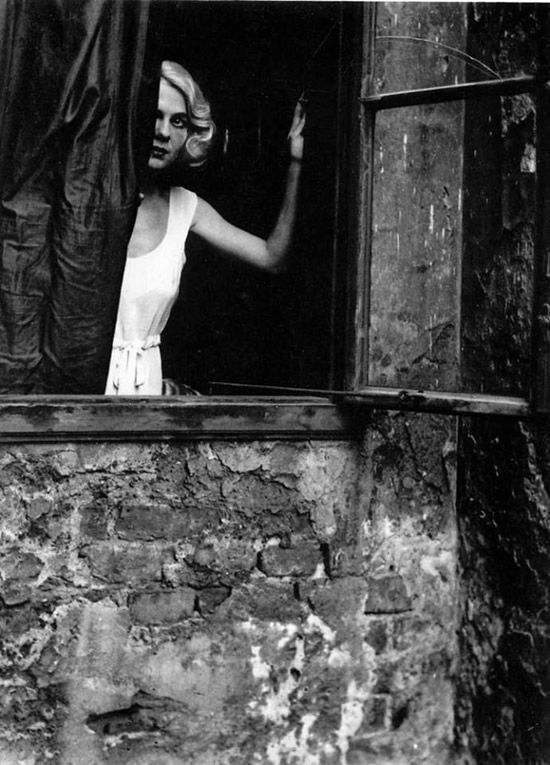
Photo By: Bill Brandt
#11
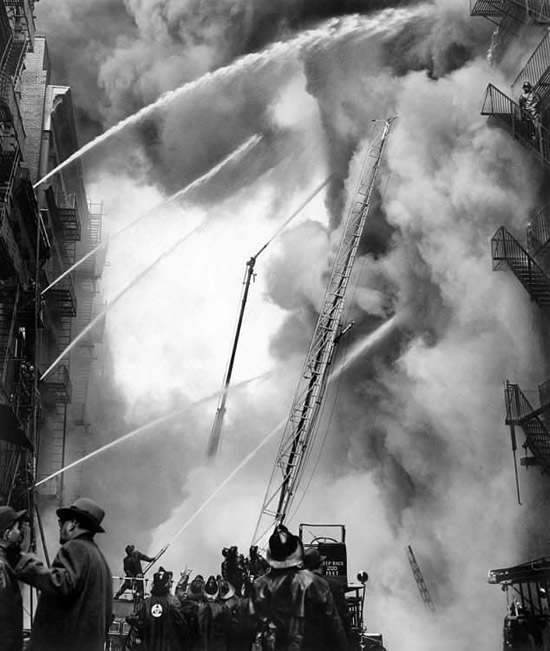
Photo By: Carl T Gossett
#12
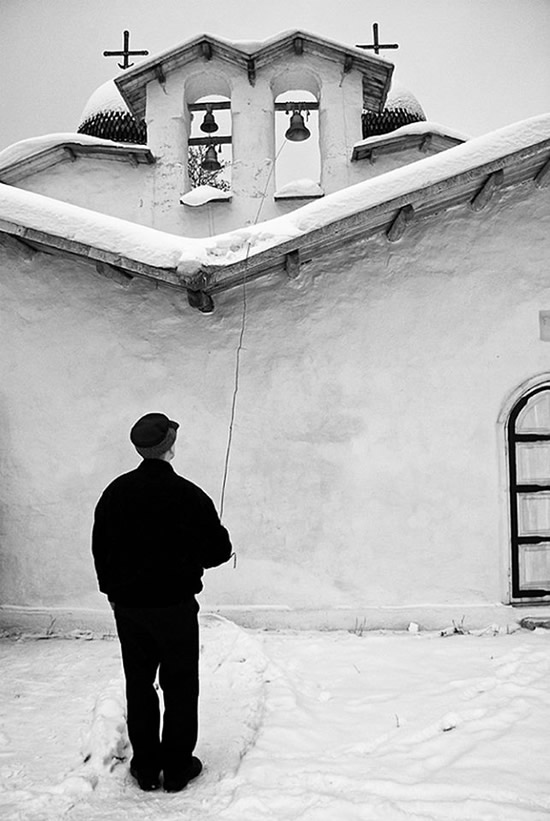
Photo By: Diana Salova
Composition as a Visual Language
One of the greatest strengths of black and white photography is its reliance on composition. Without color, the arrangement of elements within the frame becomes paramount. Master photographers skillfully balanced shapes, lines, and textures to create rhythm and harmony. The use of contrast between light and shadow emphasized mood and atmosphere, while negative space allowed subjects to breathe within the frame.
Composition was not merely technical but deeply expressive—a way to tell stories visually. Photographers like André Kertész and Fan Ho demonstrated how careful framing could transform mundane scenes into works of art. Through thoughtful composition, black and white images transcend literal representation and become symbolic narratives, inviting viewers to engage emotionally and intellectually with the photograph.
#13
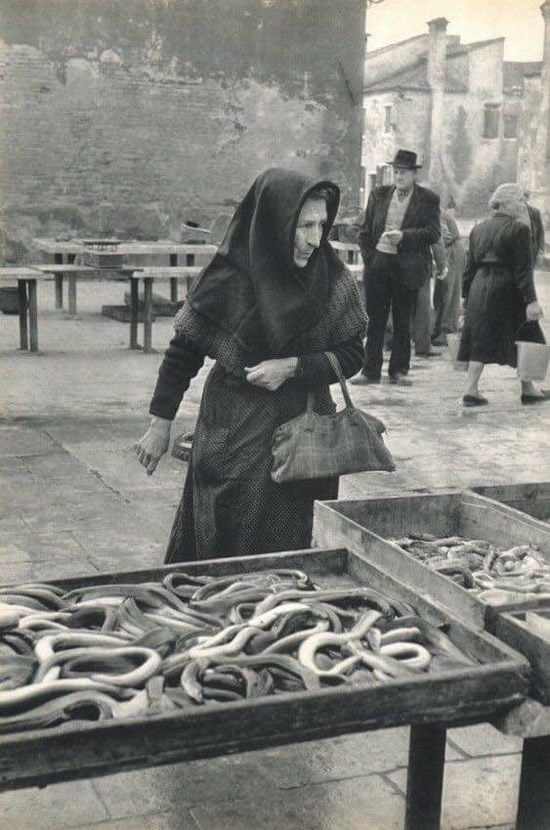
Photo By: Henri Cartier Bresson
#14
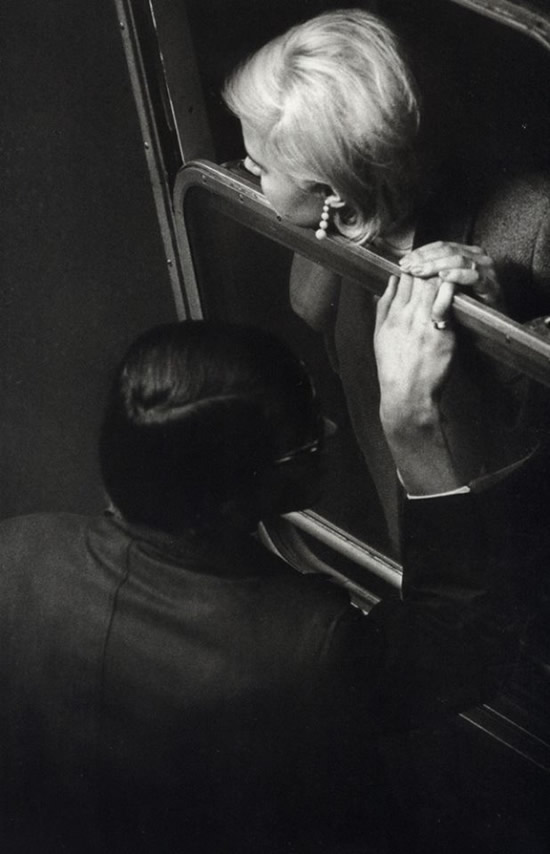
Photo By: Anders Petersen
#15
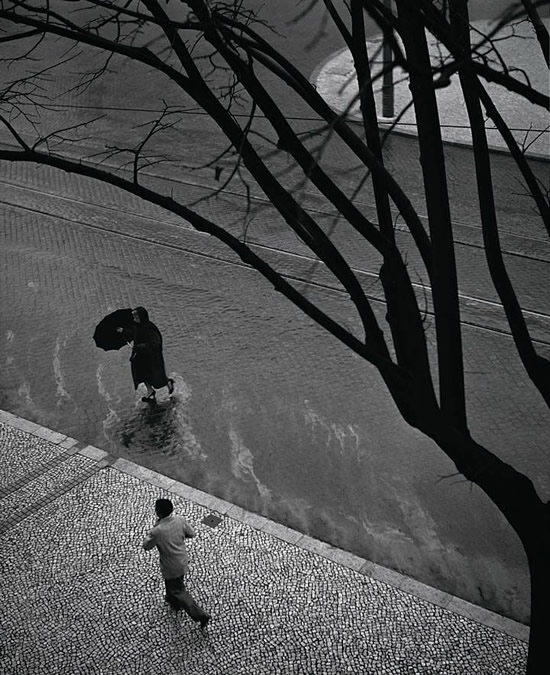
Photo By: Antonio Sena Da Silva
#16
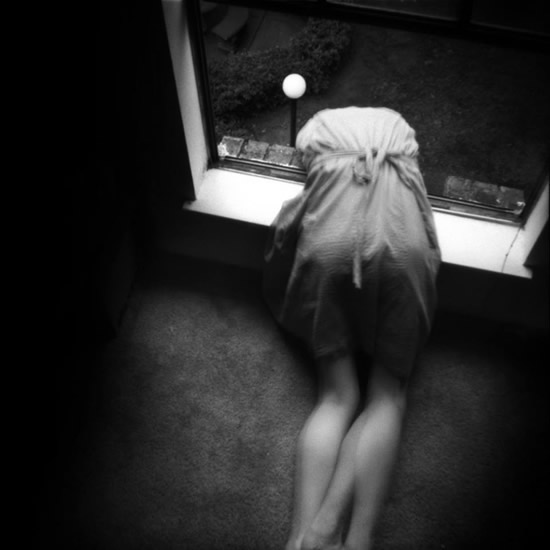
Photo By: Ashley Whitt
#17

Photo By: Kenneth Josephson
The Art of Framing and Perspective
Framing in black and white photography is not just about inclusion but also exclusion—what is left outside the image is as important as what is captured. Masters of the medium understood how to use perspective to create depth, intimacy, or tension. A doorway, a window, or the curve of a street could frame a subject, guiding the viewer’s eye and enhancing storytelling.
Black and white’s lack of color accentuates these choices, making framing essential to mood and meaning. Photographers like Dorothea Lange and Gordon Parks excelled in framing to highlight social issues, giving voice to the marginalized. Through perspective and framing, they created iconic images that transcend time, reminding us that the way we see defines the story we tell through the lens.
#18

Photo By: Leonard Freed
#19
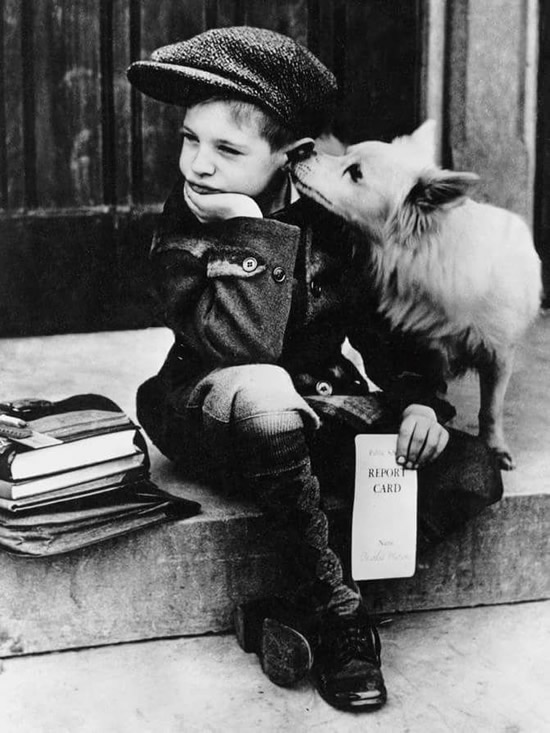
Photo By: Lou Gardner
#20
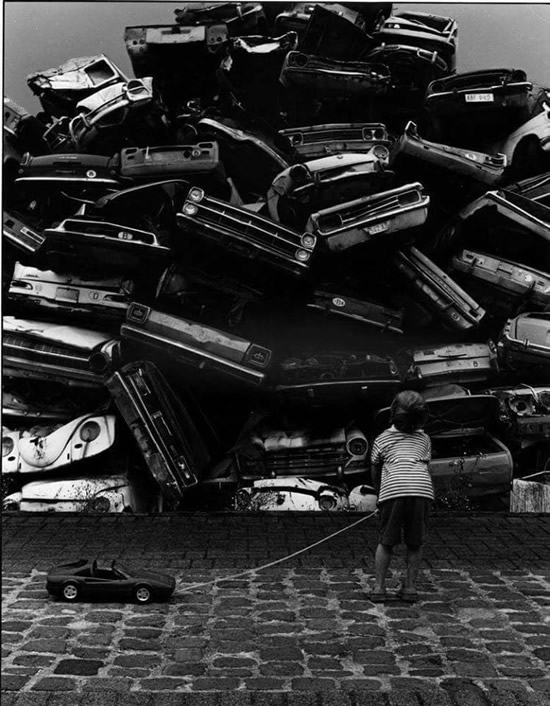
Photo By: Lucien Wijckmans
#21
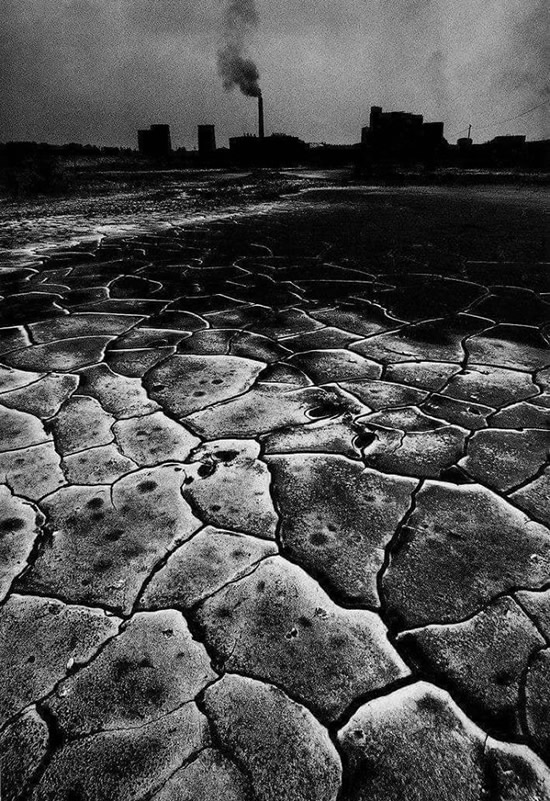
Photo By: Michal Cala
#22

Photo By: Paula Carneiro
#23
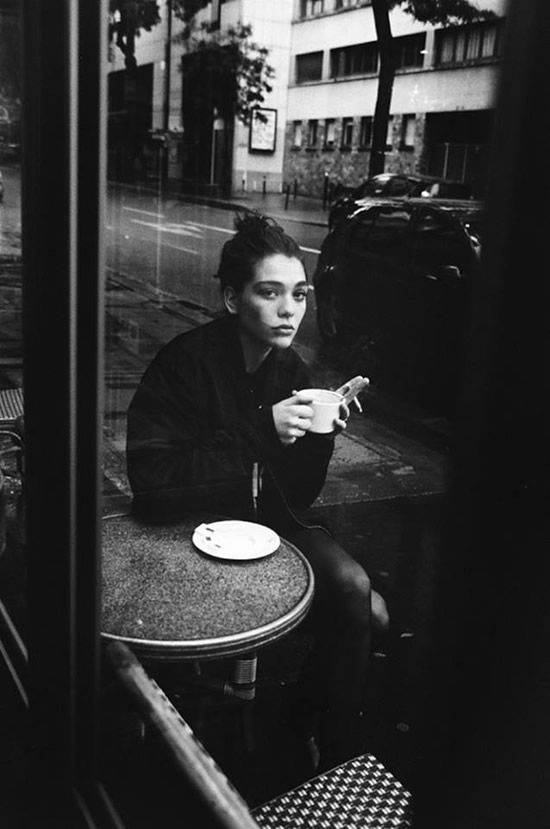
Photo By: Quentin de Briey
Film Photography and the Discipline of Craft
In the age of digital convenience, film photography remains a testament to discipline and artistry. Shooting in black and white film required patience, as every frame was precious. Photographers had to carefully consider light, exposure, and timing before pressing the shutter. The developing process in the darkroom further demanded precision, with techniques like dodging and burning used to shape the final image.
Masters such as Ansel Adams embraced this discipline, developing the Zone System to control exposure and tonal range. This rigorous process fostered intentionality, where every decision was deliberate. Film photography taught photographers to slow down and connect deeply with their subjects. It was not just about capturing images, but about crafting them, ensuring that every black and white photograph carried the weight of thought and purpose.
#24
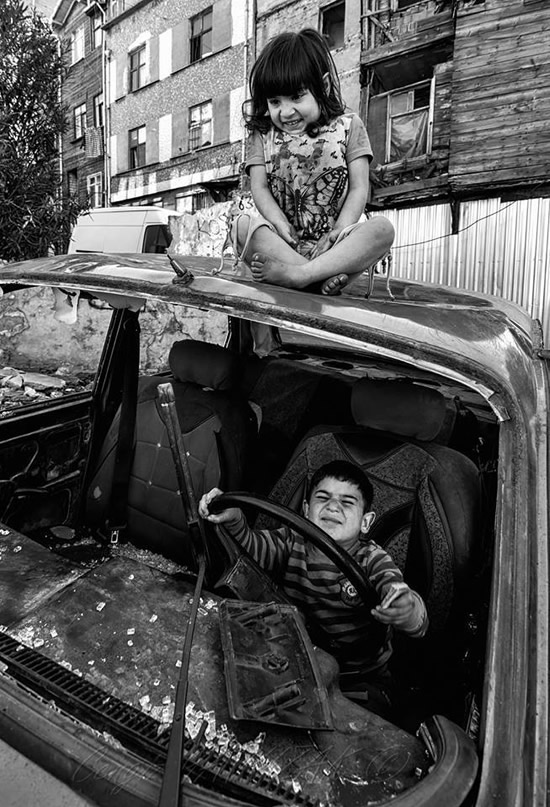
Photo By: Cengiz Yavuzak
#25
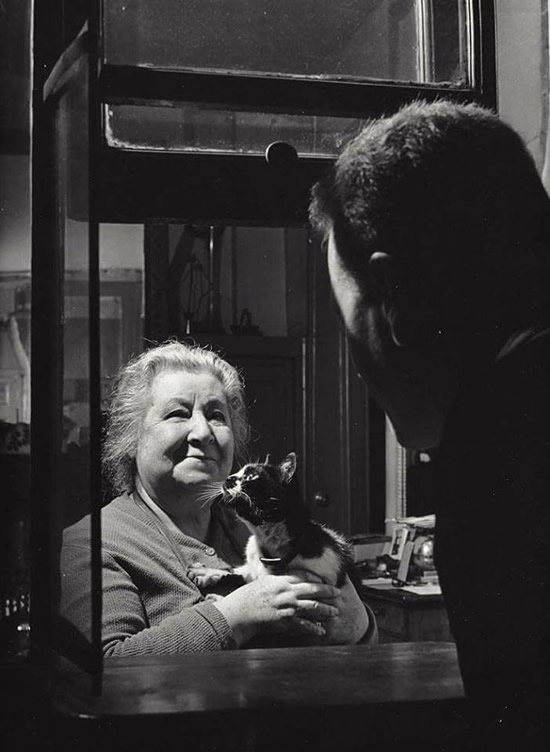
Photo By: Kees Scherer
#26

Photo By: Raquel Chicheri
#27
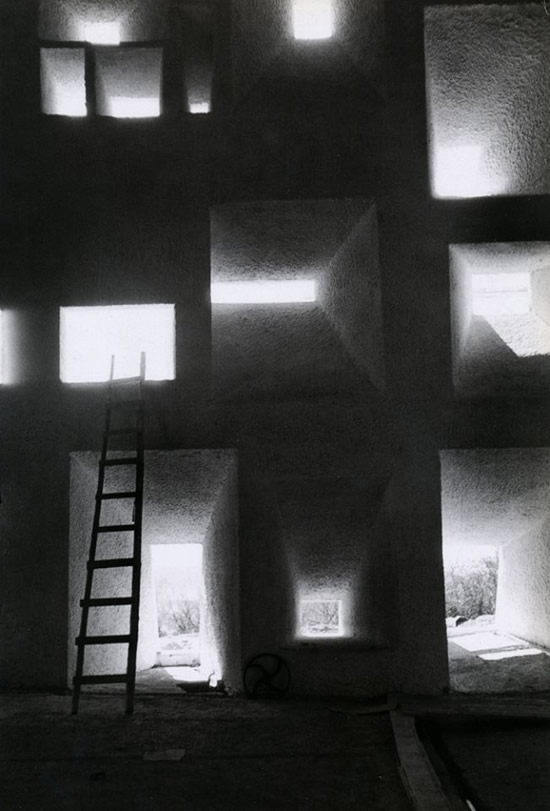
Photo By: Rene Burri
#28
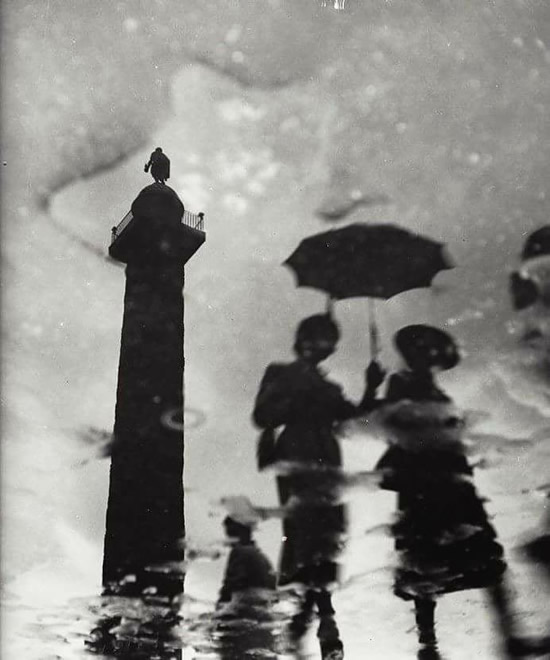
Photo By: Kees Scherer
#29
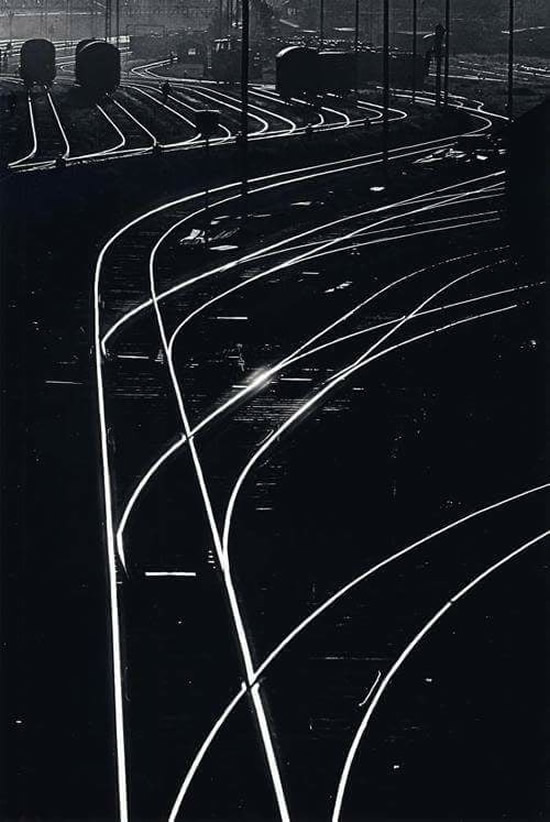
Photo By: Toni Sastre
#30
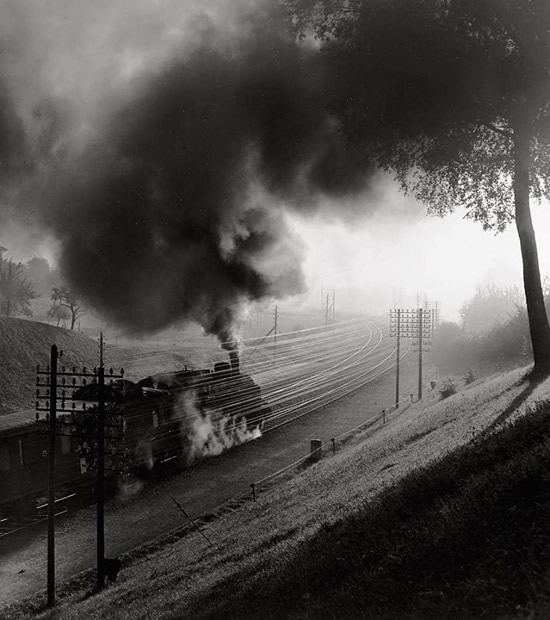
Photo By: Toni Schneiders
Black and White Photography as Timeless Art
While technology has advanced, black and white photography retains its timeless power. Stripped of color, images focus on emotion, form, and storytelling. Contemporary photographers continue to embrace the medium, proving that its appeal is not confined to history. The absence of color forces both the photographer and viewer to engage with the essence of the scene—its textures, contrasts, and emotions.
Black and white photographs often feel universal, connecting past and present in a single frame. They transcend cultural and temporal boundaries, speaking to something profoundly human. Whether capturing a quiet street, a powerful portrait, or a dramatic landscape, black and white photography continues to inspire awe. It stands as an enduring art form, celebrating vision, discipline, and the poetry of light and shadow.
#31
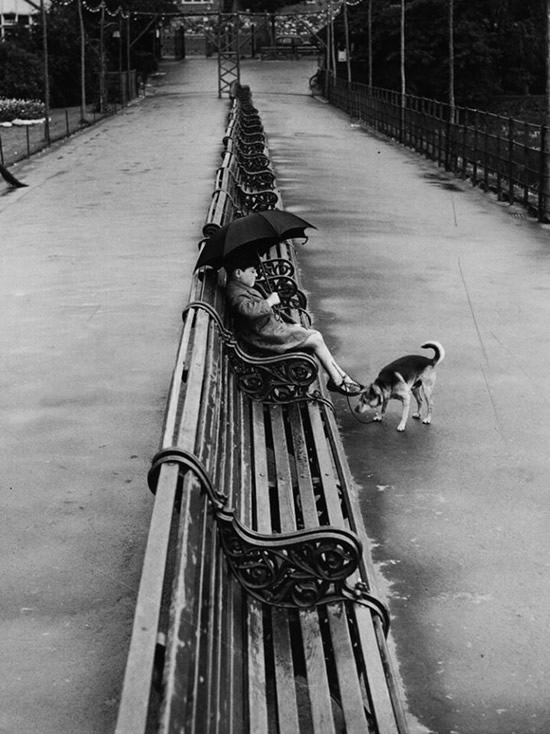
Photo By: Siegfried Lauterwasser
#32
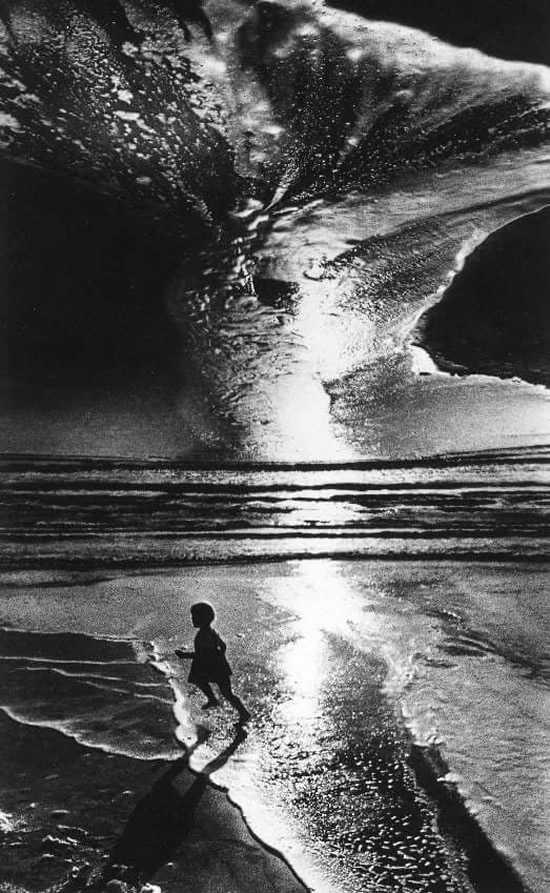
Photo By: Vitaly Butyrin
#33
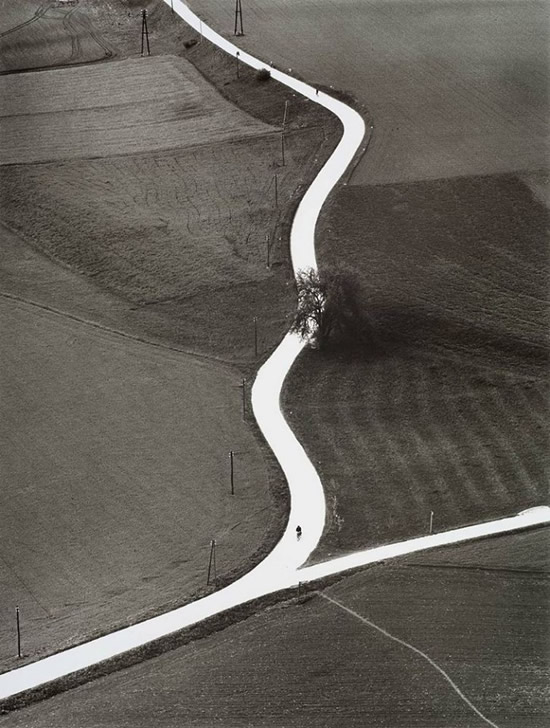
Photo By: Toni Schneiders
#34
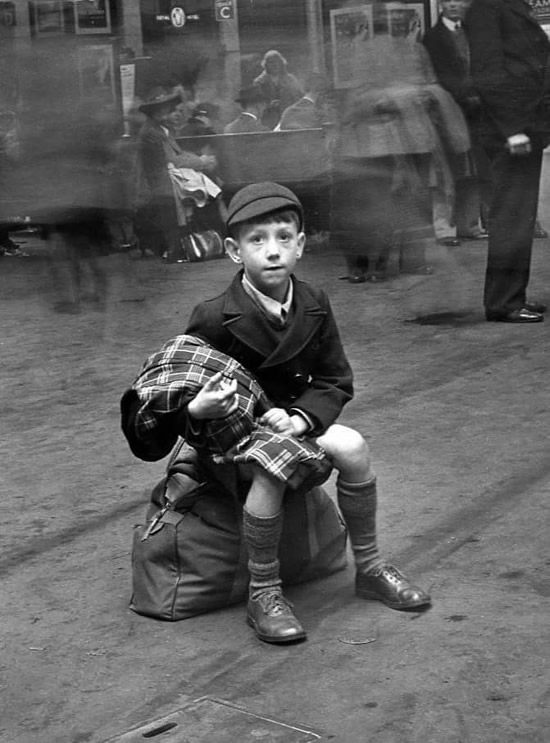
Photo By: Robert Doisneau
#35
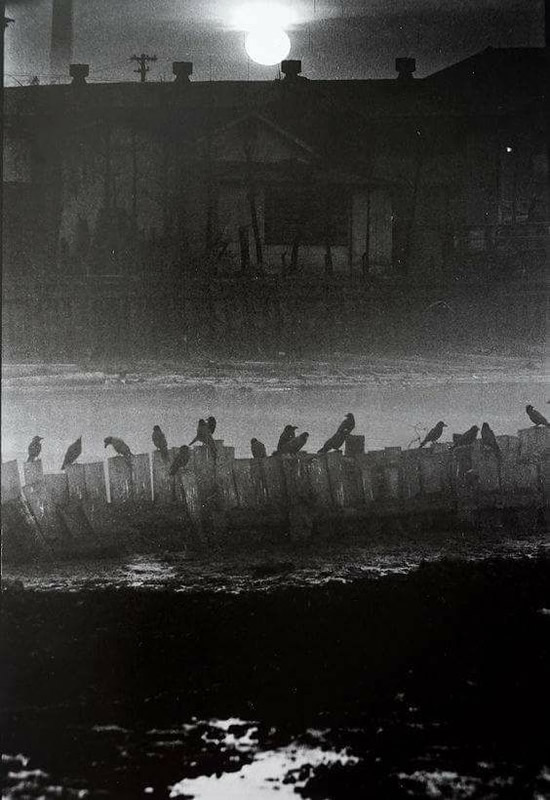
Photo By: Masahisa Fukase





